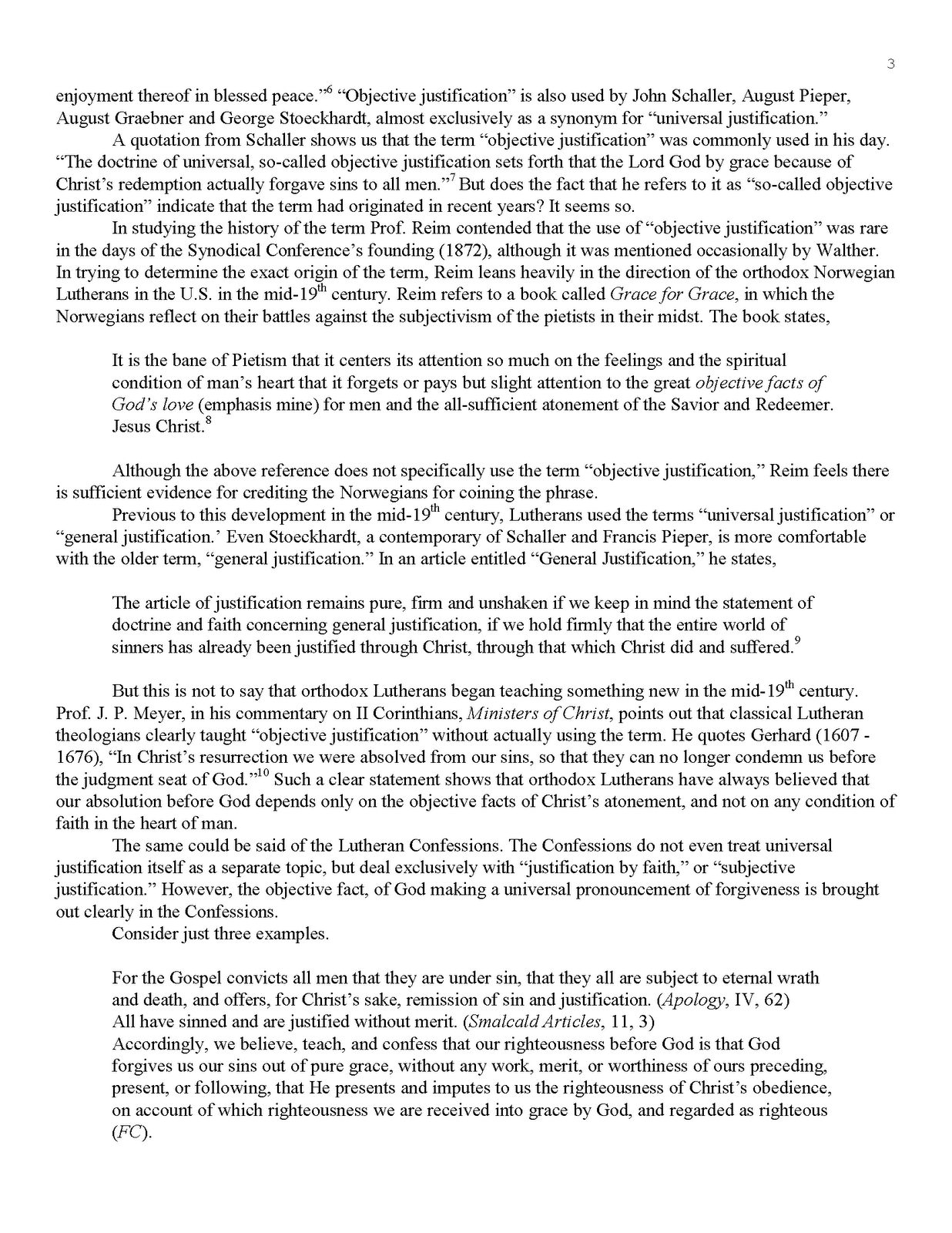State the rules in Foss-vs-Harbottle,making clear the.
In corporate law, the derivative action mechanism allows minority shareholders to file and litigate on behalf of the company a lawsuit against a corporate insider whose action has allegedly injured the company. The derivative action is a mechanism.Harbottle applies, the courts have tended to add a number of additional requirements. One of these is the fact that the plaintiff must have “ clean hands” i.e. that the shareholder will not be allowed to take advantage of an exception to the rule in Foss v.RULE IN FOSS AND HARBOTTLE.. as a management power of the director has made room for the shareholders in the exception to the rule of Foss and Harbottle, allowing the minority shareholders to bring legal action to the court on his own behalf and the behalf of those in favour of his decision.. If you are the original writer of this essay.
The Legal Relationship Between Company And Its Members Essay 1963 Words 8 Pages Corporation origin from the Latin word Corpus which means body. It is formed by a group of people and has separate rights and liability from those individual.The Rule in Foss v. Harbottle Introduction The starting point for any discussion of shareholders’ actions is the rule in Foss v.Harbottle which stands for the proposition that only a company, not its shareholders, can sue for wrongs done to the company. The facts giving rise to the case which has given its name to this rule were as follows.

The law concerning separate legal personality is largely governed by the 19th century case Foss v Harbottle, this case translates the doctrine of separate legal personality, the statutory contract and the principle of the majority rule. In Foss v Harbottle two members of the Victoria park C.











